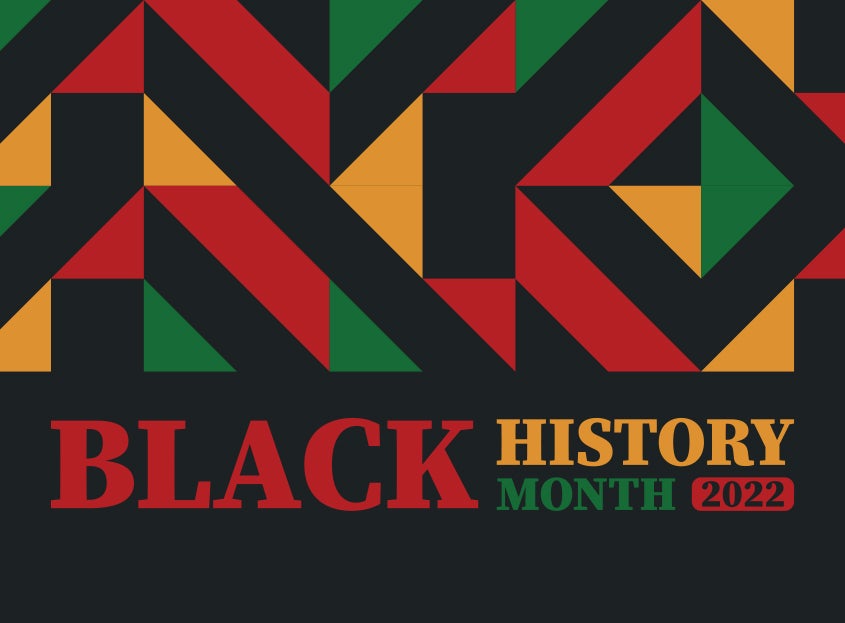The Journey of Black Philanthropy in the UK

October is Black History Month—a celebration marked in the UK since the late-1980s. It’s a time to shine a spotlight on the achievements and contributions of Black Britons and the African diaspora around the world. It’s also a time for continued action to tackle racism and ensure Black history is represented and celebrated year-round.
The events of 2020, including the disproportionate impact of COVID-19 on Black communities and the rise of the Black Lives Matter movement, again rightly brought into question the UK’s relationship with Black history. This was showcased by the toppling of the Bristol statue of slave trader Edward Colston in June 2020. Many British organisations and businesses began to be more vocal about the legacy of colonialism and slavery in contemporary society.
Two years on and some have pointed out that despite the profile of those conversations, the impact has not been as strong as hoped. It is therefore not surprising the theme for Black History Month 2022 is “Time for Change: Action. Not Words.” A theme as applicable to philanthropy as any other sector.
The traditional image of philanthropy in the UK for years, if not generations, has been white, old and male. Just as we are seeing a much-needed growing trend of women-led philanthropy emerging, so too we need to facilitate environments where Black philanthropy can thrive and have the greatest impact on the causes it supports.
Earlier this year, the GiveBLACK initiative (founded by four UK-based Black women: Althea Efunshile, Yvette Griffith, Patricia Keiko Hamzahee and Sue Woodford-Hollickwith) with support from University College London, commissioned research to understand the value of Black giving, exploring how, why, and to whom donations are made and looking into patterns and motivations for Black giving in Britain. The report concluded that while Black-led charitable and nonprofit organisations face cultural bias regarding fundraising, there is a multitude of inspirational Black high-net-worth-individuals (HNWIs) who want to give back and make a difference to their communities, such as Michael Barrington Hibbert, the man behind the 10,000 Black Interns Initiative.
The emergence of Black HNWIs whose acts of philanthropy are helping raise awareness of social injustice within the UK could be viewed as a positive consequence of the events in 2020. There has been an increase in well-known and influential Black celebrities and professionals helping to make a significant impact.
Take, for example, London-based grime artist Stormzy’s #Merky foundation, which has played a crucial role in raising Black student admissions at British universities. Or Lewis Hamilton, who in 2021 launched his Mission 44 Foundation, designed to bring more people from ethnically diverse backgrounds into motorsport. During the pandemic, Marcus Rashford’s End Child Food Poverty campaign pushed the government to change its approach to child hunger and committed £400 million to support vulnerable children across the UK.
These are all high-profile examples, but they reflect the strong history of giving and volunteerism among the Black community in the UK, as strong today as it has ever been.
As we continue to learn and grow from one another as a society, and as a country, we must harness the generosity of Black philanthropists and ensure that the UK Black giving legacy is not lost or stalled but built upon for future generations.
NPT UK does not provide legal or tax advice. This blog post is for informational purposes only and is not intended to be, and shall not be relied upon as, legal or tax advice. The applicability of information contained here may vary depending on individual circumstances.
NPT UK is not affiliated with any of the organizations described herein, and the inclusion of any organization in this material should not be considered an endorsement by NPT UK of such organization, or its services or products.


